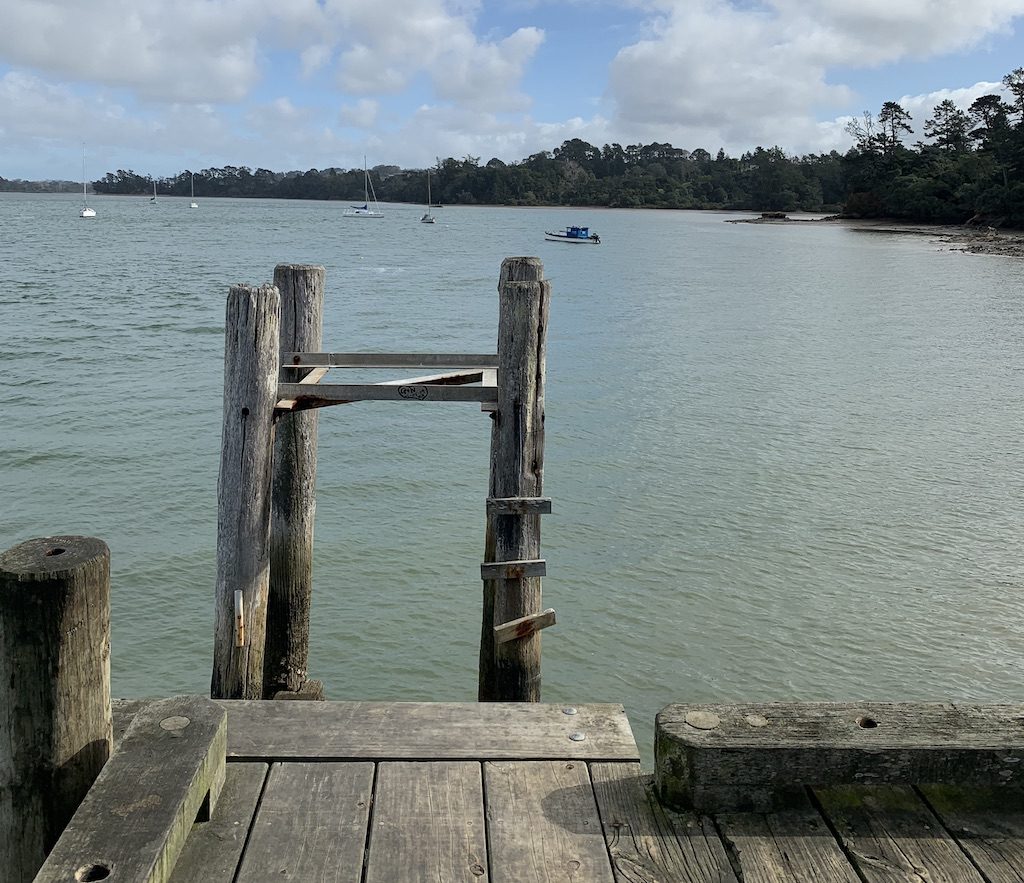 |
| Excuse the poor lighting 🙁 |
Several days ago I had an e-learning meeting with other leaders in at the Cognition headquarters. Painted on their wall was the following quote by Marie Clay. For the uninitiated, Marie Clay was the mother of Reading Recovery, a highly acclaimed international literacy intervention for 6 year olds.
Seeing her quote got me to wondering about teaching and learning. Our country is no different to other countries. We have our student achievement achilles heel, and in our case it’s around the ‘tail of underachievement’ particularly for Maori and Pacifika students. I’m not going to rehash the whys or wherefores in this post – I don’t have time and I’m not sure my words will make any decernible difference (some of which will no doubt be a little controversial and brass a few people off) so instead I’m going to pose this.
In terms of student underachievement, either at the failing to meet standard level or the failing to achieve at their above standard potential (cue the students who are smart but wasting away time in classes bored to tears) we make a lot of assumptions. Here’s my question, have you asked the students? Some of you reading this will simply be thinking ‘stupid woman, of course we do’ where others will be thinking ‘what, why would we do that?’.
It is true though, that we make assumptions. The more assumptions we make the more likely we will teach to those assumptions, and the less likely we will inquire into what’s really happening. Asking the students themselves about how learnings going for them, whilst not the only thing to think about, is an important piece in the puzzle.
It is a way to use student voice and to really inquire into why a student is struggling. When you ask students what is happening for them in their learning, you learn yourself. You find out if they are finding it too hard, or too easy, if they are bored, or if there is a mental block stopping them from progressing. The power for teachers is that they can find out how effective their teaching is and work with the students to make some changes. Furthermore, don’t just stop at asking them what they find challenging, but go that next step and ask them what are THEY doing about it. As educators, we can not step into their brains and do it for them. They need to take ownership of where they are and about what they need to do to make it better.
At the end of the day, teachers, students and parents are in a partnership. The best way to find out how a partnership is working, is to ask.
